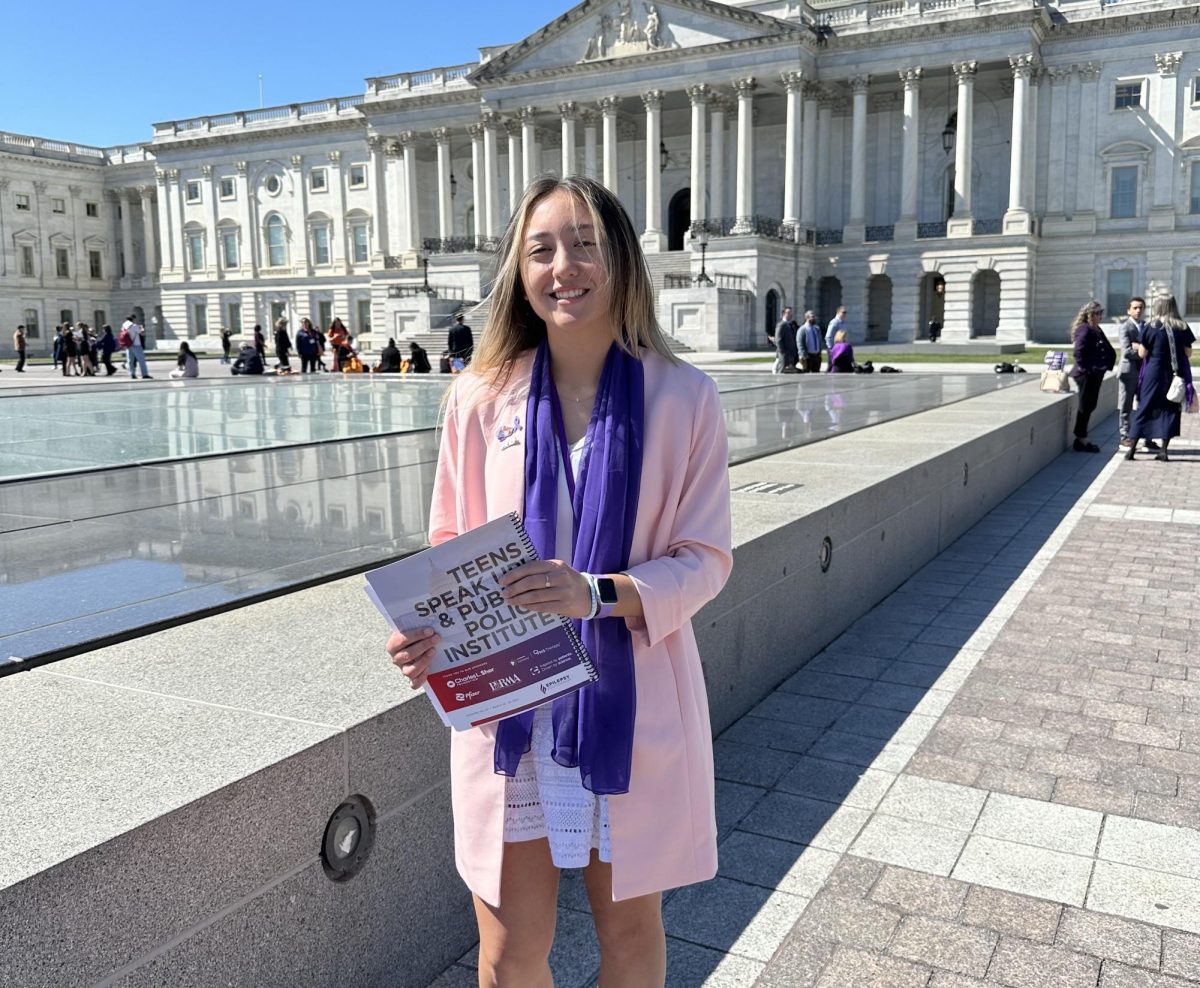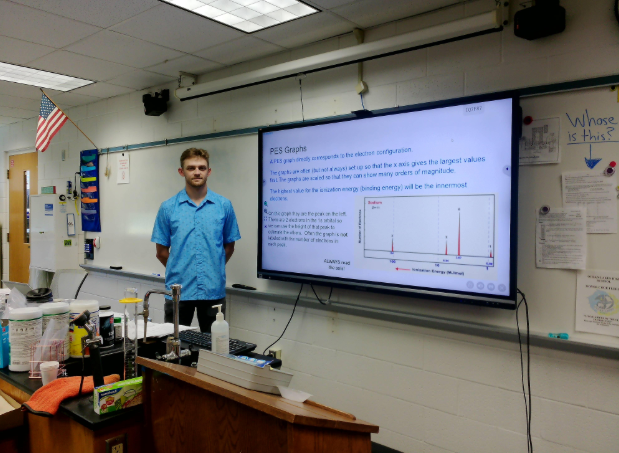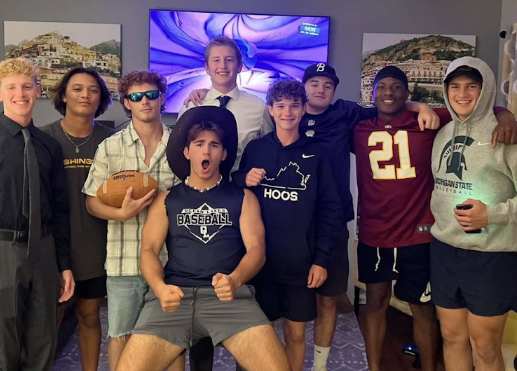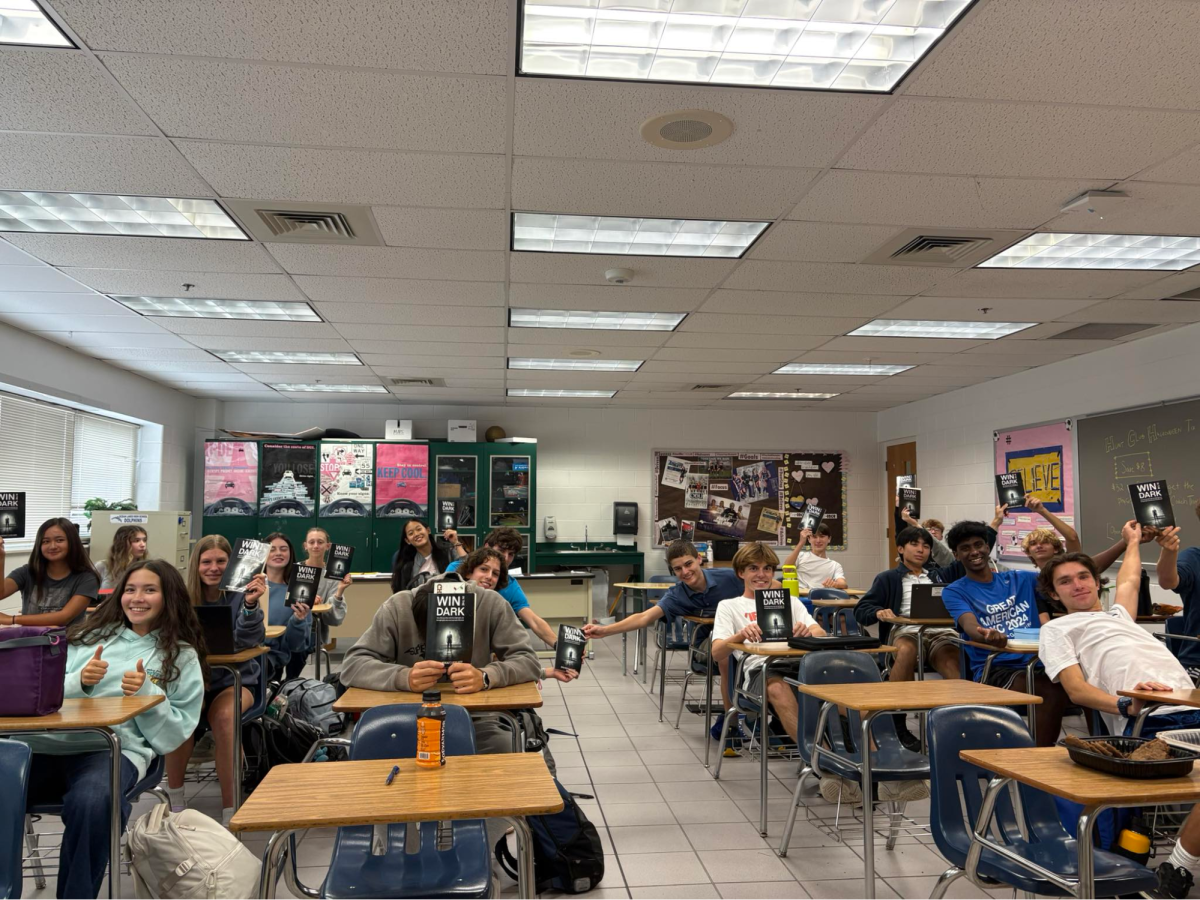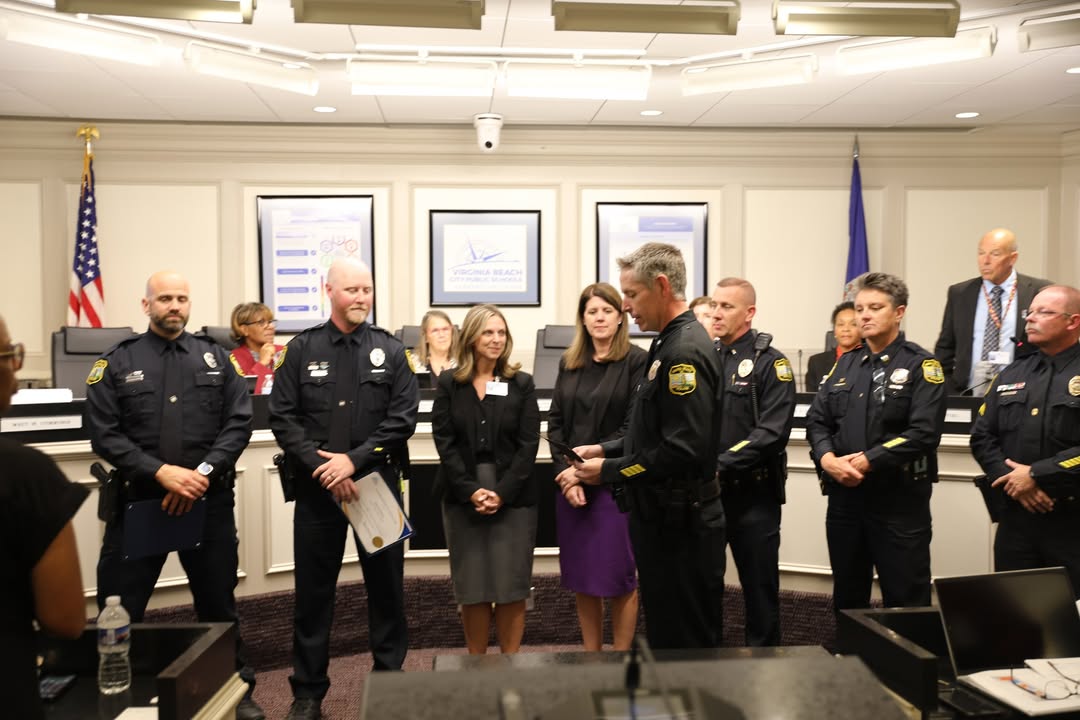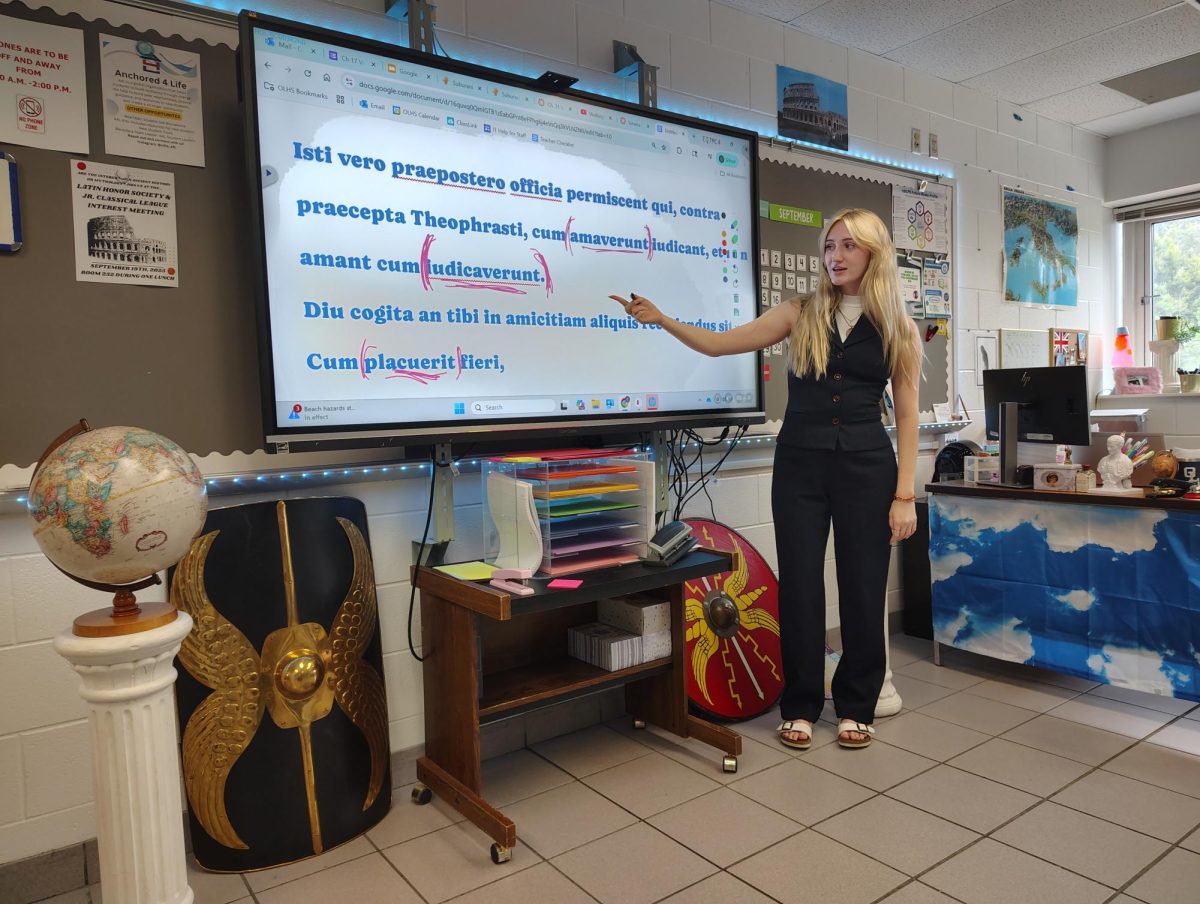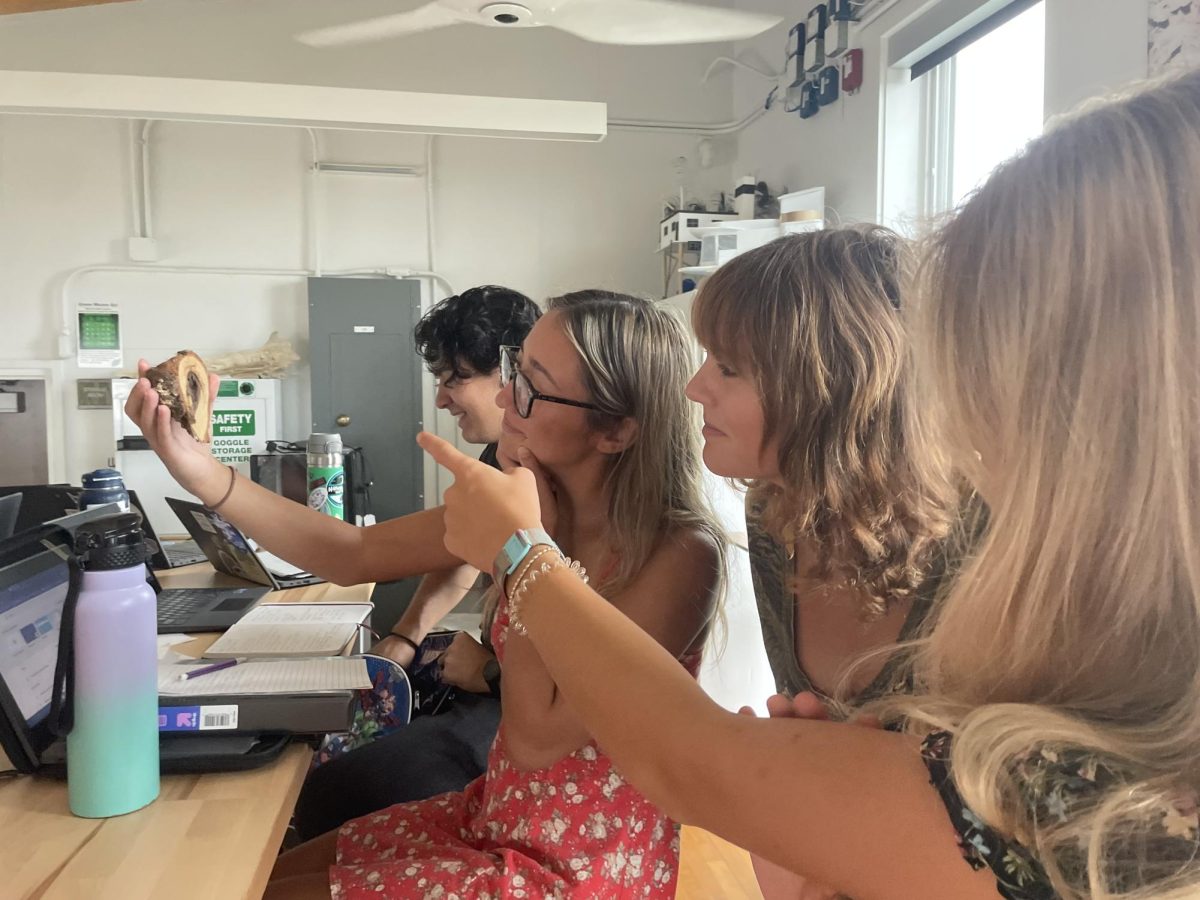At just seven years old, when most children spend days on games and play dates, junior Brie Gesick encountered a new challenge: epilepsy.
Since her diagnosis, Brie has spent years transforming her personal challenge into a journey of strength, advocacy and awareness.
“I was diagnosed with epilepsy at 7 years old, and since then I have always wanted to educate people on this disease,” Brie said.
From March 15-18, 2025, Brie attended the Epilepsy Foundation’s Teens Speak Up and Public Policy Institute conference in Washington D.C., as a student ambassador. The conference focused on advocacy training and the chance to meet with lawmakers to share personal experiences and discuss key issues in the epilepsy community, according to the Epilepsy Foundation.
“Two of the days were for training to go to the capital and to share our epilepsy stories with everyone there,” Brie said. “The final day was actually going to Congress and meeting with the members and teams.”
Students who attended the conference advocated for the BRAIN Initiative and the Seizure Awareness and Preparedness Act. They also recommended Congress members to join the Congressional Epilepsy Caucus.
The BRAIN Initiative is an effort to better understand the brain and conditions such as epilepsy, while the Seizure Awareness and Preparedness Act allows for funding to ensure that all school personnel are properly trained to help with an epileptic seizure. Additionally, the Congressional Epilepsy Caucus allows Members of Congress to raise awareness and understanding for epilepsy.
“There are almost 85,000 people in Virginia with epilepsy, 11,000 of which are kids, and about 3 million people in America with epilepsy,” Brie said.
In 2019, Brie began working on the Jamie and Brie Strong Act for Seizure Safe Schools, which would ensure that all school personnel can properly identify and respond to an epileptic seizure.
“It’s important that we have people around our building that are educated in how to help someone during a seizure because you never really know when one could occur,” JV girls soccer and field hockey coach Caleb Thornton said.
As a coach and school employee with epilepsy, Thornton believes that epilepsy awareness and training is extremely important in schools.
“If you’re a student, it could happen right in the middle of class, in the middle of the hallway or for some club that you are staying after school for, so it’s really important that everyone in our building knows what to do during these situations,” Thornton said.
By 2021, the Jamie and Brie Strong Act was signed into law by Governor Northam. Since then, Brie’s passion for epilepsy awareness has only amplified.
“[Brie] has always loved science and learning new things, and she also discovered her love of music. Playing the piano, guitar and singing and writing songs have been therapeutic for her. Along the way it helped that she was and is also proactive with her medical journey,” Brie’s mother, Rowena Gesick, said.
In fact, music is proven to be therapeutic for people with epilepsy and improve seizure control, according to the American Psychological Association.
In addition to her avid interest in epileptic advocacy, Brie is a student athlete and participates in girls varsity field hockey and soccer at Ocean Lakes.
Contact sports, such as soccer, pose high risks for people with epilepsy. This is due to risk of concussions or any head injuries as they increase the risk of seizures and can potentially cause post-traumatic epilepsy.
“Soccer was and always will be a big part of my life. When I was around 10 years old, I had to quit playing travel soccer because of the risks that came with it,” Brie said. “Epilepsy affects your brain, so it was very important to protect my head, which could be hard playing a contact sport. By that time, I already had two concussions.”
Despite the risks, having epilepsy does not discourage participation in sports and athletics. Factors such as the type of seizure, its frequency and someone’s overall health impact the decision to participate in sports, but having epilepsy does not rule out the possibility of participation completely.
“Epilepsy may add an extra challenge, but that doesn’t mean it should stop anyone,” Brie said.
For the past six years, Brie has made it her goal to help others through her advocacy and stresses that everyone can participate in raising awareness for epilepsy.
“Other people can educate themselves on epilepsy, get trained in seizure first-aid, and participate in epilepsy awareness events,” Brie said.
Brie’s life is painted in shades of purple, a color that she adores not only for its beauty, but as a tribute to the strength that comes with living with epilepsy. March 26 is Purple Day, which celebrates and recognizes epilepsy awareness, and Brie wears it with pride.
“Purple has always been my favorite color even before I was diagnosed with epilepsy. It’s amazing to go to events spreading awareness for epilepsy and seeing everyone in purple,” Brie said. “It’s like a reminder that there are other people that understand what it is like to have the disease and know the importance of awareness.”
Through her constant patience and persistence, Brie has been able to share her story with the world in hopes to inspire others that are just like her.
“Spreading awareness has always been a huge part of my life and being able to do so on the national level was a great experience. It really taught me the importance of standing up for what you believe in,” Brie said.


